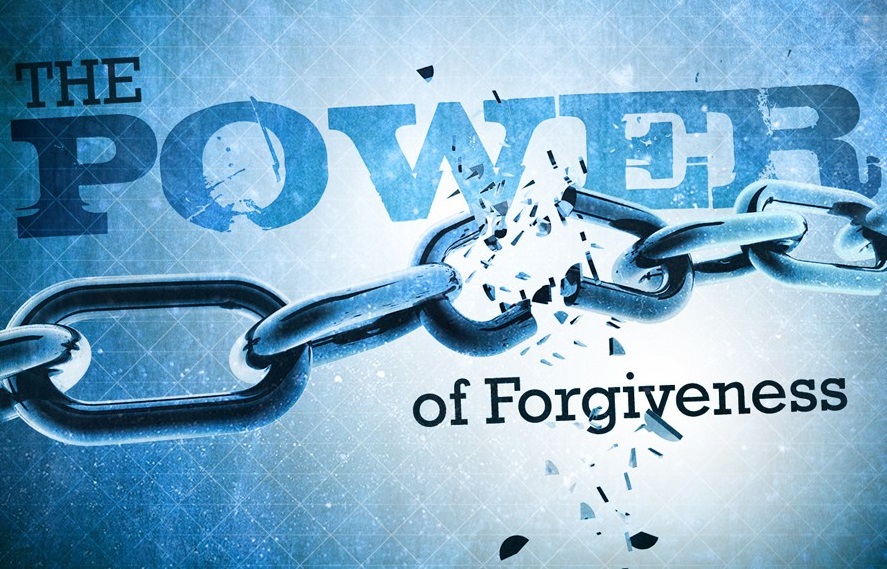Among the most deep and important values of the Christian faith is forgiveness. Reflecting the very nature of God’s relationship with humanity, it forms the core of the Gospel message. But what does it mean to forgive, and how does the concept of “forgetting” line up with this spiritual mandate? The Christian viewpoint on forgiveness and whether or not forgetting is necessary is examined in this post
Forgiveness: Not an Option but a Command
The Bible makes consistent emphasis on the need for forgiveness. Jesus’s teachings underscore how directly forgiving others reflects God’s forgiveness for us His children. Believers are instructed in the Lord’s Prayer to say, “Forgive us our debts, as we also have forgiven our debtors,” (Matthew 6:12). Jesus then says, clearly, “If you do not forgive others their sins, your Father will not forgive your sins” (Matthew 6:15).
In Christianity, forgiveness is a command not only a moral recommendation. It entails letting go of bitterness, wrath, or the need for retribution directed at someone who has mistreated us. This act of grace captures the essence of the forgiveness we have experienced through Christ’s atonement on the cross (Ephesians 4:32).
The Christian Context: The Meaning of Forgetfulness
Many times, people misinterpret the phrase “forgive and forget”. The Bible does not specifically exhort Christians to overlook the wrongs done to them. Rather, it teaches forgiveness that releases resentment, anger, bitterness from the heart and the necessity to avoid focusing on past mistakes or wrongdoings.
God says in Isaiah 43:25, “I am He who blots out your transgressions for my own sake, and I will not remember your sins.” This does not mean God suffers real amnesia. Rather, it displays His choice to stop letting our sins define His relationship with us or to hold us against it forever. In order to advance in the God kind of love and reconciliation, Christians must let go of grudges and resentment towards those who have hurt them.
Why Is Forgetting Not Always Practical?
The human memory is complicated, hence completely forgetting transgressions may not be practical. Sometimes painful events have long-lasting emotional and psychological effects. However, it does not contradict the Christian exhortation to forgive and forget.
1. Learning from Experiences: Reminding ourselves of prior mistakes or wrongdoing from others can enable us to pick wise lessons. For example, a sensible and biblical response to repeated offenses is to establish proper boundaries to prevent more harm. (Proverbs 4:23)
2. Healing takes time; emotional wounds might not heal right away, and memories of pain might come back. It will be important to emphasize that forgiveness is a process, and not just an instantaneous eraser of emotions or memories that came about through past unpleasant experiences.
3. Accountability Matters: Forgiveness does not mean discounting justice or absolving sin. As Matthew 18:15–17 shows on how to handle transgressions inside the church, Christians can forgive while still pursuing responsibility.
How to Forgive and Forgetting
Though the memory of the transgression still lingers, make a decision to let go of the resentment and hatred. This graceful deed captures God’s forgiveness towards us (Colossians 3:13).
2. Pray for Strength: Forgiving and forgetting is a supernatural act of healing that will always require divine help. Though it seems impossible, ask God for the grace to forgive.
3. Extend Mercy: Recall that, just as much as the forgiven, forgiveness helps the forgiver. It releases the emotional weight of clinging to resentment and helps you to find peace inside your heart.
4. Set reasonable limits to guard against ongoing damage even when you are forgiving. forgiveness does not entail letting continuous mistreatment or discounting of wisdom.
5. Emphasize reconciliation; wherever safe and practical, try to find peace. Still, know that reconciliation calls for both reciprocal effort and might not always be possible.
The Perfect Model of Forgiveness
The height of forgiveness is embodied by Jesus Christ. Saying, “Father, forgive them, for they do not know what they are doing,” was His prayer on the cross for those who crucified Him. (Luke 23:34). His forgiveness for those who crucified him sprang from His infinite love and grace, not from their repentance.
Christians are meant to imitate the Jesus kind of forgiveness, knowing that God will work justice in His time and heal our hearts. Though we cannot always forget instantaneously, we can choose to live in the freedom and peace forgiveness offers.
Conclusion
The Christian faith and journey depends critically on forgiveness. Although forgetting offenses might not always be practical or even desired, the core of forgiveness is in letting resentment go and choosing to love over and above bitterness. By forgiving others, we mirror the grace of God, who remembers our offenses no more and pardonable nature. This act of forgiveness not only honors God but also provides serenity and healing to each of our life.







